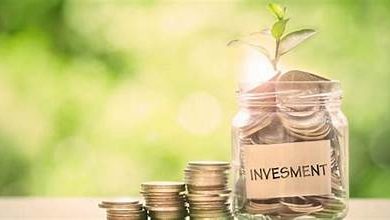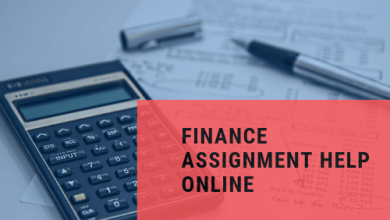How does your Fixed Deposit work

A fixed deposit is an investment product banks, and non-banking financial institutions offer their customers to save money. Depending on your preference, you can choose from a fixed deposit period that ranges from a minimum of 7 days up to a maximum of ten years. A fixed Deposit is sometimes referred to as a term deposit. Based on your preferences, you can receive fixed deposit interest monthly or at maturity, depending on when you would like to receive it. When it comes to investing in a fixed deposit, it is considered the best option if you are looking for a safe investment option. However, it is important to note that you cannot withdraw your money from the FD account before maturity.
Features of a Fixed Deposit Account
Tax Benefits
Investors can take advantage of tax benefits when they invest in fixed deposit schemes. Section 80C of the Income Tax Act provides fixed deposit income tax exemption from the interest income earned from fixed deposits. It is important to note that FD schemes that offer tax-saving benefits are locked in for five years
Guaranteed Return
It guarantees you will receive a return on your fixed deposit with a high fixed deposit interest rate. It is important to know that you will receive the same fixed deposit interest rate as agreed upon when you opened an FD. On the other hand, market-led investments offer returns based on market fluctuations. Therefore, despite the decline in interest rates, you will still be able to receive the same amount of interest that was agreed upon.
High Interest rate
To choose the best fixed deposit interest rate, you must decide the principal amount and the tenure you want. There is a tendency for interest rates to be higher for long-term fixed deposits and lower for short-term fixed deposits.
Flexible tenures
There are a variety of tenures for FDs, ranging from one week to ten years. When you open the FD with the best fixed deposit interest rate., you can choose the term that is most convenient for you. When the FD matures, you can renew it, but remember to check the interest rates.
Loans against FDs
If you urgently need funds and have a fixed deposit, you can take out a loan against it. Your fixed deposit will not be closed prematurely if you apply for a loan against FD.
Types of Fixed Deposits
Bank Fixed Deposit
A bank fixed deposit (FD) is a type of savings account that offers a higher fixed deposit interest rate than a regular savings account. The interest rate is fixed for the deposit term, which means you know how much interest you will earn upfront. The interest earned on a bank FD is taxable. However, you can choose to reinvest the interest earned and let it compound, or you can withdraw the interest periodically. Bank FDs are a safe investment option and are backed by the government.
Cumulative Fixed Deposit
If you are looking for a safe and guaranteed investment option, then a Cumulative Fixed Deposit account is a good choice. With a Cumulative FD account, you can earn a highest fixed deposit interest rate on your deposited amount, as the interest is compounded at a fixed rate for the entire tenure. The interest rate on a Cumulative FD account is higher than on a regular FD account. In a regular FD account, the interest is paid out at the end of the tenure. In contrast, the interest is added to the principal amount and reinvested in a Cumulative FD account. This way, you can earn a higher interest on your deposited amount.
More Post here
Non-cumulative Fixed Deposit
As the name implies, non-cumulative FDs is a Fixed deposit accounts in which the financial institution pays you a regular fixed deposit interest rate on the principal amount earned regularly. There is a range of tenors for FDs between 12 and 60 months. There is, however, one thing you should keep in mind the maturity amount decreases if there is a higher frequency of interest payments.



